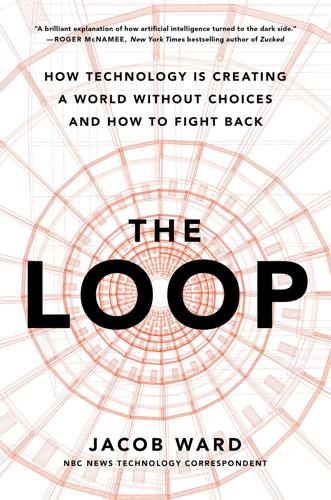
The Loop: How Technology Is Creating a World Without Choices and How to Fight Back
by Jacob Ward · 25 Jan 2022 · 292pp · 94,660 words
later, flight attendants approached a young couple who dutifully rose from their seats and trudged forward off the plane. But when the attendants approached Dr. David Dao, he didn’t rise. Approached by a United supervisor, Daniele Hill, Dao identified himself as a physician on his way home, and he pointed out
…
entirely opaque, and also plays into our magical thinking, as demonstrated by the passengers and crew and airport police on the United flight, everyone except David Dao, we do indeed get pushed over. Even in the face of patients needing a doctor or a man violently dragged down an airplane aisle, we
…
rare for the choreography to be interrupted the way Dao’s journey was. Think of what Weizenbaum might have said had he been seated on David Dao’s flight. As the voice asks for volunteers, he might have leaned over to the person next to him and pointed out that the passengers
…
policing itself? That part we haven’t studied yet. Like coParenter, the system is doing the training, and as we’ve seen with cases like David Dao, we’re not good at saying no to the system. Imagine a police officer who comes up through the ranks using a system like this
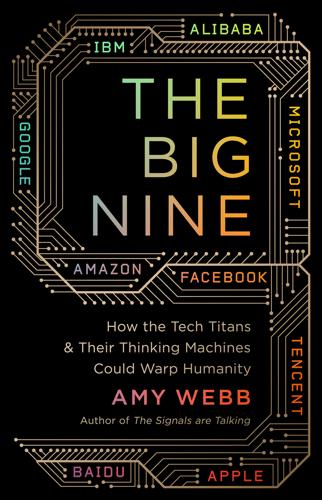
The Big Nine: How the Tech Titans and Their Thinking Machines Could Warp Humanity
by Amy Webb · 5 Mar 2019 · 340pp · 97,723 words
already started boarding, including those who had reserved seats in first class. An algorithm and an automated system chose four people to bump, including Dr. David Dao and his wife, who is also a physician. He called the airline from his seat, explaining that he had patients to see the following day
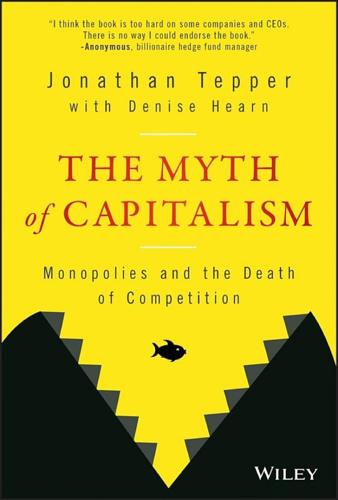
The Myth of Capitalism: Monopolies and the Death of Competition
by Jonathan Tepper · 20 Nov 2018 · 417pp · 97,577 words
.gov/2018038947 Cover Design: Wiley Cover Image: ©iStock.com/simon2579 Introduction On April 9, 2017, police officers from Chicago's O'Hare Airport removed Dr. David Dao from United Express Flight 3411. The flight was overbooked, but he refused to give up his seat. He had patients to treat the next day
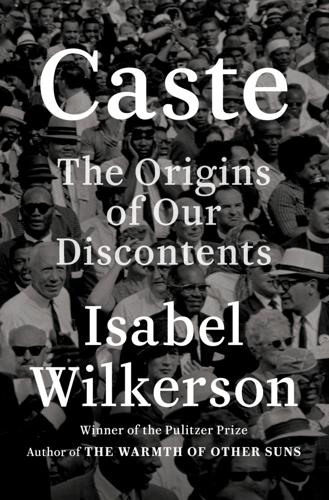
Caste: The Origins of Our Discontents
by Isabel Wilkerson · 14 Sep 2020 · 470pp · 137,882 words
passengers, at random by computer, to be ejected. The first three passengers left the plane without incident, but the Vietnamese-American man, a physician named David Dao, said he had an urgent need to get back to his patients. He said he had paid his fare and should not have to give
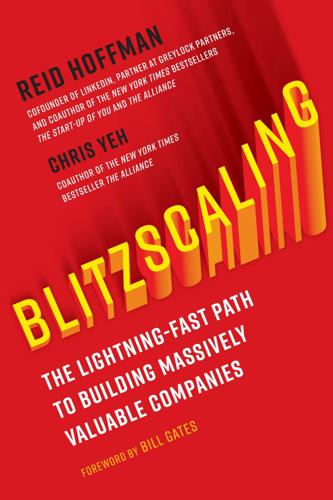
Blitzscaling: The Lightning-Fast Path to Building Massively Valuable Companies
by Reid Hoffman and Chris Yeh · 14 Apr 2018 · 286pp · 87,401 words
reach their breaking point. In a notorious example from 2017, acting at the request of United Airlines, Chicago Department of Aviation employees forcibly dragged passenger David Dao off an overbooked flight, breaking his nose, knocking out two of his teeth, and giving him a significant concussion in the process. The next morning
…
with respect and dignity is at the core of who we are, and we must always remember this no matter how challenging the situation. The David Dao incident is a classic example of how a poor articulation of company values can weaken the culture. The employees on the ground believed they needed